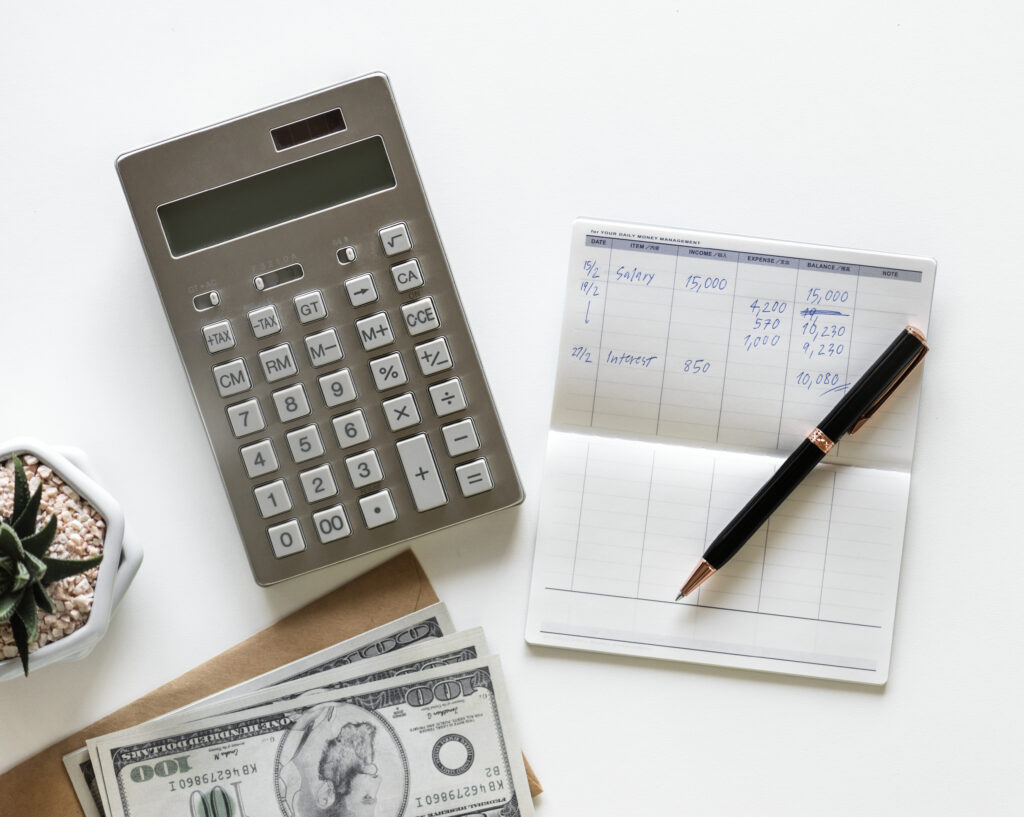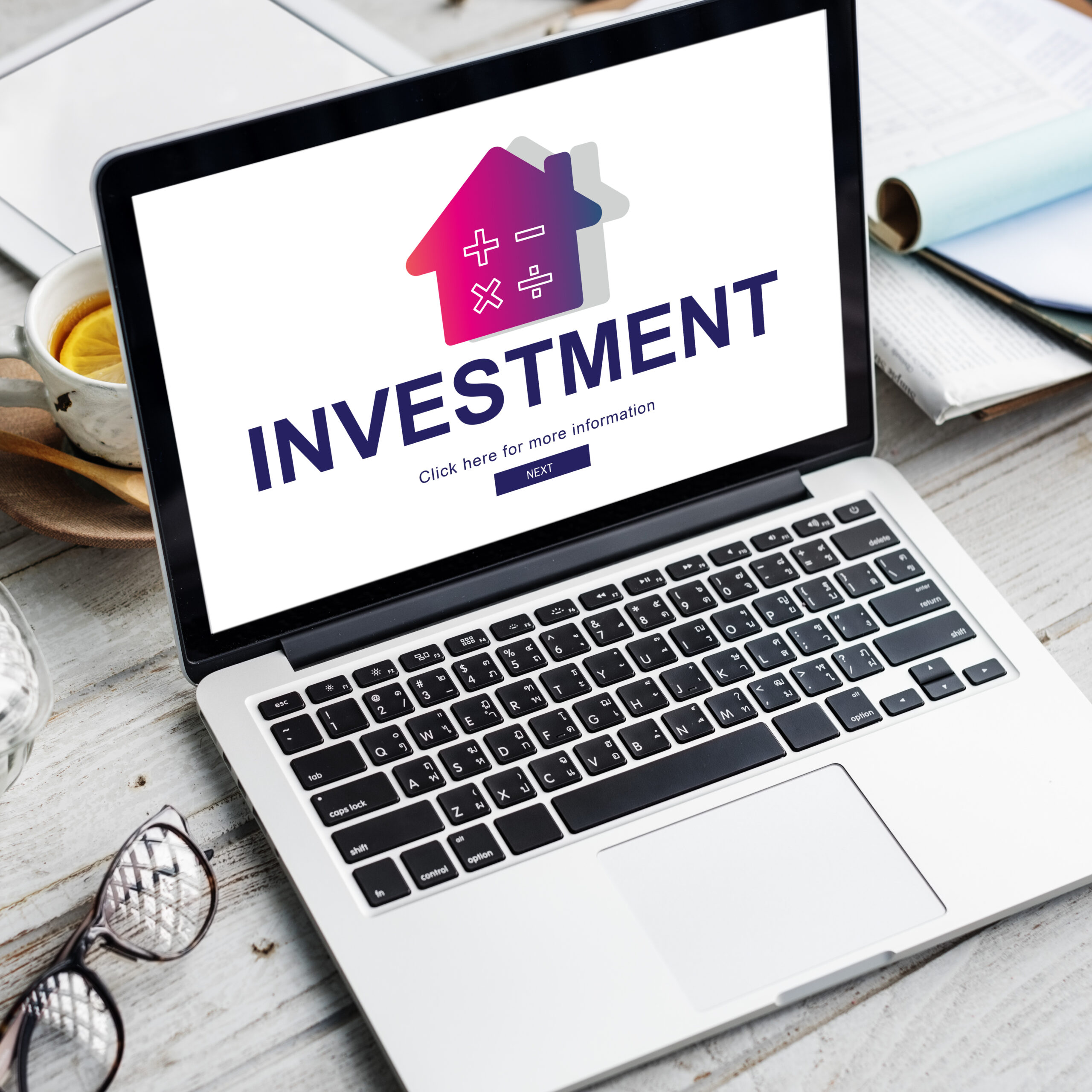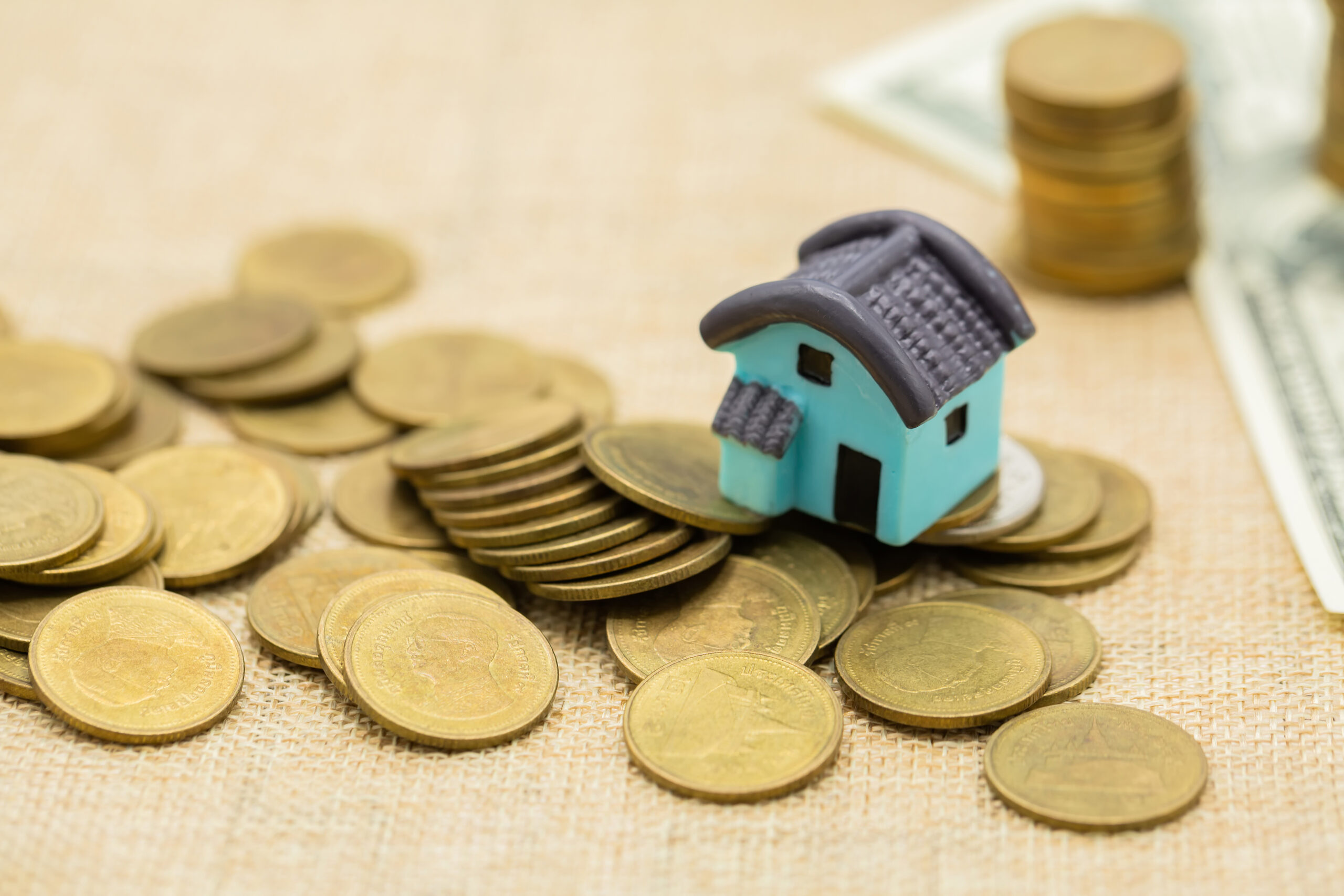Investing while paying off a mortgage is a challenge that many homeowners face.
With the idea that mortgage payments are one of the largest expenses most people ever take on, it’s easy to feel overwhelmed by the thought of investing at the same time. However, finding a balance between the two can lead to a more secure and prosperous financial future.
In this article, we’ll explore the strategies and steps that allow you to invest while managing your mortgage, helping you reach long-term financial goals without sacrificing your homeownership dreams.
Understanding the Balance Between Investing and Paying Off Your Mortgage

Before diving into strategies, let’s first define the balance between paying off a mortgage and investing.
Paying Off Your Mortgage
Paying off a mortgage means making monthly payments toward the loan you took out to purchase your home. Mortgage interest rates can vary based on the loan type, your credit score, and the overall housing market. For many, this represents a long-term financial commitment, typically lasting 15 to 30 years. Paying off your mortgage as quickly as possible often feels like the “safe” choice, as it frees up your financial resources in the long term.
Investing While Paying Off a Mortgage
On the other hand, investing refers to putting your money into vehicles like stocks, bonds, retirement accounts, real estate, and other financial products with the goal of growing your wealth. While it may feel counterintuitive to invest when you have a mortgage, doing so strategically can provide you with higher returns in the future, potentially outpacing the interest payments on your loan.
So, why is it important to balance these two goals?
- Mortgage interest: Often, mortgage rates are relatively low, especially when compared to potential returns from investments.
- Long-term financial growth: By starting to invest while paying off your mortgage, you can take advantage of compound interest, growing your wealth over time.
The key to success is finding a strategy that allows you to balance these two financial priorities.
Why It’s Possible to Invest While Paying Off Your Mortgage
Financial Flexibility
One common concern is that the monthly mortgage payment will take up so much of your budget that there’s little room for investing. But this isn’t necessarily true. By evaluating your monthly expenses and income, you can find areas where you can allocate funds toward both your mortgage and your investments. Financial flexibility is key here.
For example, by cutting back on non-essential spending or consolidating higher-interest debts, you could free up extra funds that can go toward investments.
Mortgage Interest vs. Investment Returns
Let’s say you have a 3% interest rate on your mortgage, but you invest in a stock or bond that gives you an average return of 7%. Even after paying your mortgage, the investment will grow at a rate that outpaces the interest on your mortgage.
The result? Your wealth increases faster than your debt decreases. This is a concept that many financially savvy individuals embrace, knowing that the long-term gains from their investments will eventually provide more value than aggressively paying off a low-interest mortgage.
Mitigating Risk by Diversifying
Diversification is another reason why investing while paying off your mortgage can be a good strategy. By diversifying your investments—whether in stocks, bonds, or real estate—you reduce the risk of putting all your financial eggs in one basket.
With the added security of a stable mortgage payment, you can start making relatively safe investments without the immediate pressure of paying off your home entirely.
Evaluating Your Mortgage Situation Before Investing
Before deciding how to divide your funds between your mortgage and investments, you should assess your mortgage situation. Key factors to consider include:
- Interest rate: High-interest mortgages (above 6%) might justify focusing on paying down the loan first, as the interest may outweigh potential investment gains.
- Loan term: If you’re in the early stages of your mortgage, more of your payments are going toward interest rather than principal, which means the debt will take longer to pay off. In this case, you may want to prioritize making extra payments toward your mortgage.
- Remaining balance: If you’re near the end of your mortgage term, you may be better off investing because most of your monthly payments are going toward the principal at that point.
Once you evaluate these aspects, you’ll have a clearer picture of whether investing is a viable option and at what stage in your mortgage.
Top Strategies for Investing While Paying Off Your Mortgage
Now that you understand why it’s possible to invest while managing your mortgage, let’s dive into the top strategies for balancing the two effectively.
Start with Retirement Accounts (401(k), IRA)
One of the best ways to start investing while paying off your mortgage is by contributing to a retirement account, such as a 401(k) or an Individual Retirement Account (IRA). These accounts offer tax advantages that can help your investments grow without being taxed right away.
- 401(k): Many employers offer a 401(k) plan with a match, meaning they will contribute to your retirement if you contribute. This is essentially “free money” that can help you grow your savings while you’re still paying down your mortgage.
- IRA: An IRA offers tax-deferred or tax-free growth depending on whether you choose a traditional or Roth IRA. By setting aside money into these accounts, you can start building your retirement funds and taking advantage of tax breaks, without needing to make large contributions.
Build an Emergency Fund First
Before diving into more complex investments, ensure you have a solid emergency fund in place. An emergency fund is your safety net in case of unexpected expenses, such as medical bills, job loss, or home repairs. The general recommendation is to have three to six months of living expenses saved.
By building this fund first, you protect yourself from potential financial setbacks that could impact both your mortgage payments and your ability to invest. Without an emergency fund, you may be forced to pull from your investments, which can hinder long-term growth.
Consider Low-Risk Investments
If you’re wary of the risks that come with investing while managing a mortgage, consider starting with low-risk options such as bonds or index funds. These investments are less volatile than individual stocks, making them more suitable for individuals who want to grow their wealth at a steady pace without taking on too much risk.
Index funds, in particular, are a great option because they allow you to invest in a broad range of stocks, minimizing the risk associated with individual companies. Bonds are also an excellent way to generate predictable income with less risk than stocks.
Real Estate as an Investment Opportunity
Real estate can be an excellent way to invest while paying off your mortgage. One way to leverage real estate is by purchasing rental properties. If you’ve built up enough equity in your current home, you may be able to refinance or take out a home equity loan to invest in real estate. Rental income from tenants can help you cover the cost of the new mortgage, while the value of the property appreciates over time.
Real estate is a powerful way to build wealth, and by using your existing home’s equity, you can invest in properties that generate passive income.
Learn how Custom Mortgages can help you eliminate debt faster while increasing cash flow.
How Much to Allocate for Investing While Paying Off a Mortgage

When it comes to investing while paying off a mortgage, the golden rule is not to overextend yourself financially. It’s essential to create a balanced plan that accounts for both your debt payments and your long-term investment goals.
Start by calculating how much of your monthly income can go toward both paying off your mortgage and investing. If you’re in the early stages of your mortgage, consider making minimum payments and investing a portion of your income. If you’re closer to paying off your mortgage, you can increase your investment contributions.
By maintaining flexibility in your plan, you can adjust as your mortgage balance decreases, freeing up more funds for investments.
How Paying Off Your Mortgage Can Boost Your Investment Strategy
Once your mortgage is paid off, you can focus even more on investing. Without the burden of monthly mortgage payments, you can allocate more funds toward retirement accounts, stocks, or even real estate ventures. Becoming debt-free gives you the flexibility to take on more significant investment opportunities, ultimately helping you build wealth at a faster rate.
For many, this is the “finish line” of homeownership. Paying off your mortgage offers peace of mind and more disposable income that can be channeled directly into investments, allowing you to diversify and grow your wealth without worrying about loan obligations.
Potential Pitfalls to Watch Out For
While it’s certainly possible to invest while paying off your mortgage, there are some potential pitfalls to be aware of:
- Investing too aggressively: If you take on too much risk while you still have a mortgage, you could end up in a financially precarious situation if your investments don’t pan out.
- Forgetting about the mortgage: It’s easy to focus too much on investing and forget about the importance of making timely mortgage payments. Delinquent mortgage payments can result in higher fees, interest, or even foreclosure.
To avoid these risks, regularly reassess your financial situation and stay disciplined with both your mortgage payments and investments.
Conclusion: Achieving Financial Success by Balancing Mortgage and Investments
Balancing a mortgage and investments is achievable with the right strategies and planning. By evaluating your mortgage situation, starting with retirement accounts, building an emergency fund, and considering low-risk investments, you can grow your wealth while paying down your home loan.
Remember, achieving financial freedom is a marathon, not a sprint. If you’re interested in learning how to fast-track paying off your mortgage and building your wealth, discover more about how you can pay off your home in 5 years or less, without changing your budget or lifestyle.
Join The 5-Day “Cashflow Empire Live” and leave with a Custom 5-Year Mortgage Payoff Plan to eliminate debt and build cash flow for life. Learn how to pay off 30 years’ worth of debt in just 5 evening sessions!
By taking a strategic approach to both paying off your mortgage and investing, you can secure both short-term and long-term financial success. Stay disciplined, evaluate your priorities, and adjust as needed for optimal results.
Affiliate Disclaimer: BestMortgages.co may include affiliate links, which allow us to earn a small commission when you make a purchase through them. This helps support our site at no extra cost to you. Thank you for your support!




0 Comments